Hydration Vs dehydration and your health
Drinking plenty of water is a simple yet vital part of maintaining good health, especially as we get older. Did you know that our bodies mostly consist of water? Approximately 60% of the human body is composed of water. Every cell, tissue, and organ in our body needs water to work properly and water is essential for survival. Drinking enough water each day is crucial for so many reasons from regulating body temperature, keeping joints lubricated, preventing infections and waste removal. Being well-hydrated also improves sleep quality, cognition and mood.
Dehydration can occur when we lose more bodily fluids than we take in. This can happen in a few different ways; the most common being: diarrhea, vomiting and sweating. When diarrhea and vomiting occur suddenly and severely, this can cause a quick and higher loss of fluids and electrolytes. You lose water when you sweat, so the more you sweat, the sooner you may become dehydrated.
Most of us have been told, or heard at some point, to drink 8 cups of water a day. This works out to approximately 2L of water each day! That’s a reasonable goal, but different people need different amounts of water to stay properly hydrated. Most people can stay well hydrated by drinking water and other fluids whenever they feel thirsty. For some people, fewer than 8 glasses may be enough. Other people may require more than 8 glasses each day.
Hydration health for the older population
Staying hydrated is an essential (and often overlooked) aspect of maintaining good health and healthy ageing. As we age, staying hydrated is even more important. Older Canadians are at greater risk for dehydration for a number of reasons, including natural drops in thirst levels and body composition changes. Older adults are also more likely to take diuretics and other medications that can increase fluid loss in the body.
Dehydration
If you aren’t drinking enough water, you may become dehydrated. This means your body doesn’t have enough fluid to operate properly. Urine can be a key indicator if you’re dehydrated. If it’s colourless or light yellow, you’re well hydrated. If your urine is a dark yellow or amber colour, you may be dehydrated.
Other signs of dehydration include:
- Little or no urine
- Urine that is darker than usual
- Dry mouth
- Sleepiness or fatigue
- Extreme thirst
- Headache
- Confusion
- Dizziness or light-headedness
Electrolytes
Staying hydrated isn’t just about water, but also about electrolytes. Electrolytes are minerals that carry an electrical charge when dissolved in water. On an average day, we usually get enough electrolytes from our diet. Our bodies retain electrolytes from the foods we eat and the fluids we drink.
These minerals, such as sodium, potassium, calcium and magnesium, are distributed through our bodies and use their electrical energy to facilitate important bodily functions like:
- Water balance
- The body’s pH level
- Moving nutrients into your cells
- Moving waste out of your cells
- Regulate your nerves, muscles, heart and brain function
- Help rebuild damaged tissue
Getting the right balance of electrolytes and glucose is important to ensure proper rehydration. You can ensure this in a number of ways:
- Try an oral rehydration product such as Nuun or Pedialyte, which are low in sugar and contain an optimal balance of electrolytes and sodium
- Add a few extra shakes of salt to your food
- Eat some pretzels (salty ones!)
- Enjoy some potassium-rich foods like bananas, cantaloupe, avocados, sweet potatoes or spinach
While water is best for staying hydrated, other drinks and foods can help, too. Fruit and vegetable juices, milk, and herbal teas add to the amount of water you get each day. Even caffeinated drinks (coffee, tea, and pop) can contribute to your daily water intake. A moderate amount of caffeine (400 milligrams) isn’t harmful for most adults. However, it’s best to limit caffeinated drinks. Caffeine may cause some people to urinate more frequently or feel anxious or jittery. You should also be mindful of what you drink. Some caffeinated choices add extra calories from sugar to your daily caloric intake.
Sports Drinks
Sports drinks can be helpful if you’re planning on exercising at higher-than-normal levels for more than an hour. They contain carbohydrates and electrolytes that can increase your energy and help your body absorb water. However, some sports drinks are high in calories from added sugar. They also may contain high levels of sodium (salt). Be sure to check the serving size on these drink labels as well. One bottle usually contains more than one serving. Be aware that some sports drinks also contain caffeine, and it is not recommended that adult daily caffeine intake exceed more than 400 milligrams.
Tips to Stay Hydrated
If drinking enough water is difficult for you, here are some tips that can help:
- Keep a bottle of water with you during the day. Try carrying a reusable water bottle and fill it with tap water.
- If you don’t like the taste of plain water, try adding a slice of cucumber or lemon to your water.
- Drink water before, during, and after exercise.
- When you’re feeling hungry, drink water. Thirst is often confused with hunger. True hunger will not be satisfied by drinking water.
- Drinking water may also contribute to a healthy weight-loss plan and can help you feel full.
- If you have trouble remembering to drink water, drink on a schedule. For example: drink water when you wake up, at every meal and a glass before bed. Alternatively, drink a small glass of water at the beginning of each hour.
- Drink water when you go to a restaurant. It will keep you hydrated, has less sugar and it costs nothing
Every person’s hydration requirements are different, depending on factors like medical history, health conditions, and any medications being taken. The health benefits of staying hydrated are numerous and range from improved cognition, decreased headaches to decreased joint pain. When summer arrives in Ottawa, it is hot and humid. Staying hydrated will keep you cool and is also a simple and vital part of maintaining good health, especially as we get older.
For more health tips visit us online or call our CURAVITA Byward Clinic at 613-860-8600 or our CURAVITA Glebe Clinic at 613-237-9000 to book an appointment with one of our healthcare team providers.



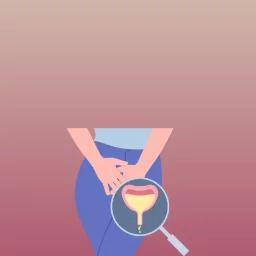
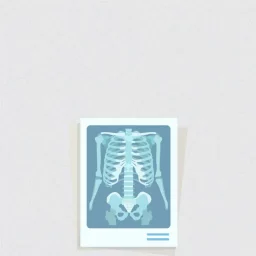
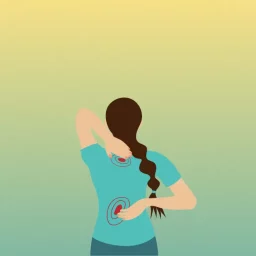
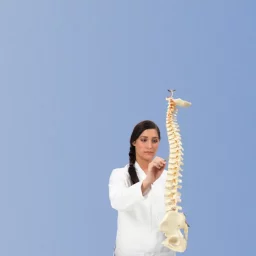



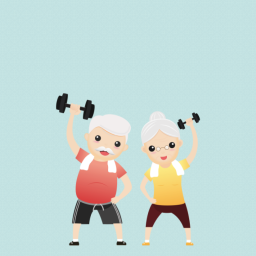


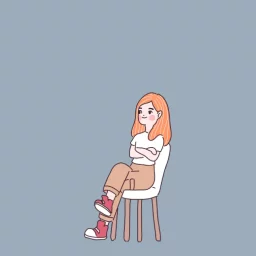

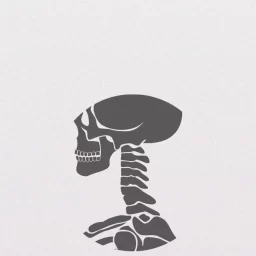

[…] Dehydration can cause fatigue and increase your risk of injury. Water and juice are ideal refreshments as drinking alcohol depletes the body’s fluids and can lead to stiff muscles and soreness. […]
[…] Dehydration […]